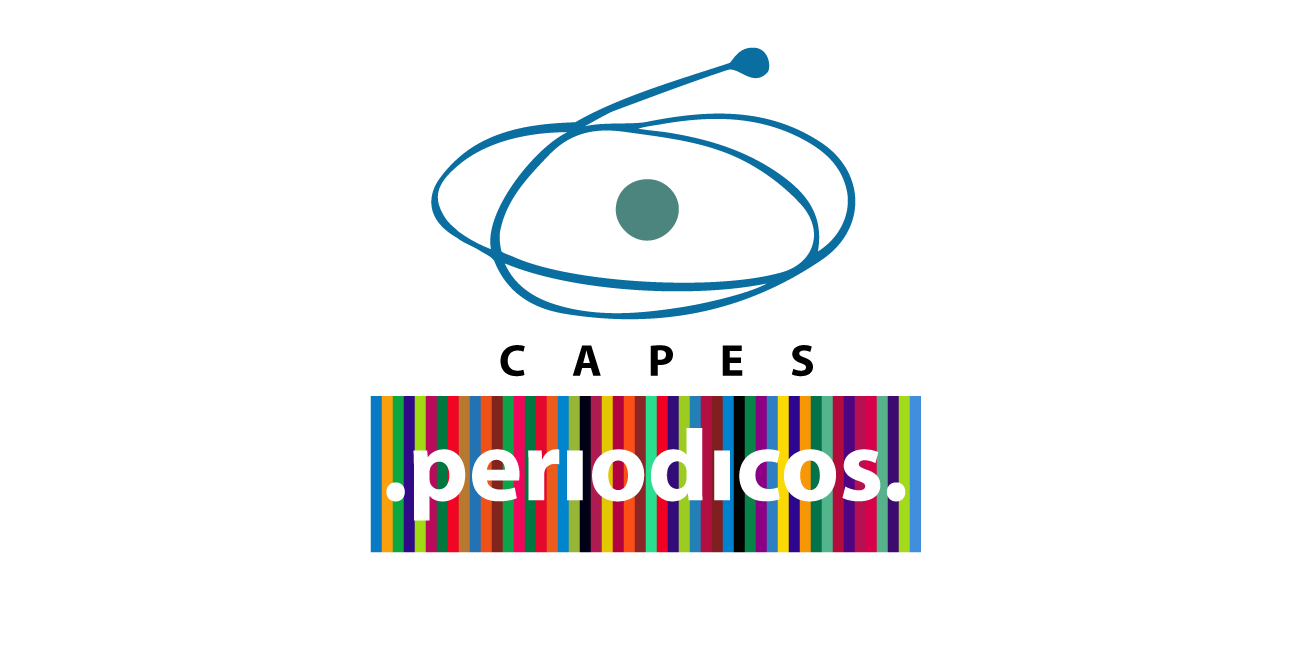The Exception in the General Teory of Law
Keywords:
Poder soberano, Decisão, Norma, Exceção, Estado de exceção, Sovereign power, Decision, Rule, Exception, State of exception, Decisión, Excepción, Estado de excepción.Abstract
It is a conceptual work, aiming at visualizing how the concept of exception redefines the sovereignty and the correlation between decision and rule into the understanding of the law. It starts from the Kelsen’s thoughts, which had positivist influences, and produces a “purifying” theory about the legal science and an idea of sovereignty, eminently, normative, based on the monopoly of the using of force, which principle of validity, is placed at a fundamental hypothetical rule. In this line of thinking, there is no place for the exception, because there is not admissions of the possibility of do not apply the law in a concrete case; neither is supposed if the legal system can be placed by a sovereign. The Carl Schimit’s thought breaks in many points with the Kelsen’s theory, defining the sovereign as the one who decides about the exception. Thus, decision comes before rules, having the concept of exception as an interruption of the legal system, as a principle of validity, but that assure its effectiveness. The sovereign’s decision is the one, and not a presupposed rule, as principle of validity, that will mediate the transformation of the normative order into the reality. The origin of this decision, however, there is a gap, understood by Giorgio Agamben as the limit dimension between the politics and law, or between the juridical ordering and the life. The sovereign intention imposes to the exception not imposing it, interrupting the rule to guarantee the its own validity. The relation of exception, that allows the sovereign stand legally, out of rule, turns to be as the original framework of the legal relation.Downloads
Published
2008-07-01
How to Cite
Giamberardino, A. R., & Kozicki, K. (2008). The Exception in the General Teory of Law. Revista Jurídica Cesumar - Mestrado, 8(1), 35–48. Retrieved from https://periodicos.unicesumar.edu.br/index.php/revjuridica/article/view/717
Issue
Section
Doutrinas
License
A Revista se reserva o direito de efetuar, nos originais, alterações de ordem normativa, ortográfica e gramatical, com o intuito de manter o padrão culto da língua, respeitando, porém, o estilo dos autores. As opiniões emitidas pelos autores são de sua exclusiva responsabilidade.
Os direitos autorais pertencem exclusivamente aos autores. Os direitos de licenciamento utilizado pelo periódico é a licença Commons Atribuição 4.0 Internacional. São permitidos o compartilhamento (cópia e distribuição do material em qualquer meio ou formato) e adaptação (remixar, transformar, e criar a partir do trabalho, mesmo para fins comerciais), desde que lhe atribuam o devido crédito pela criação original.












